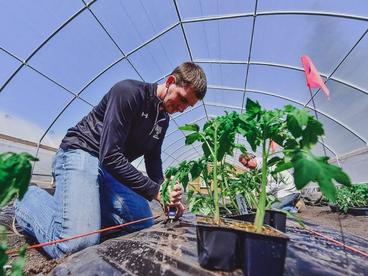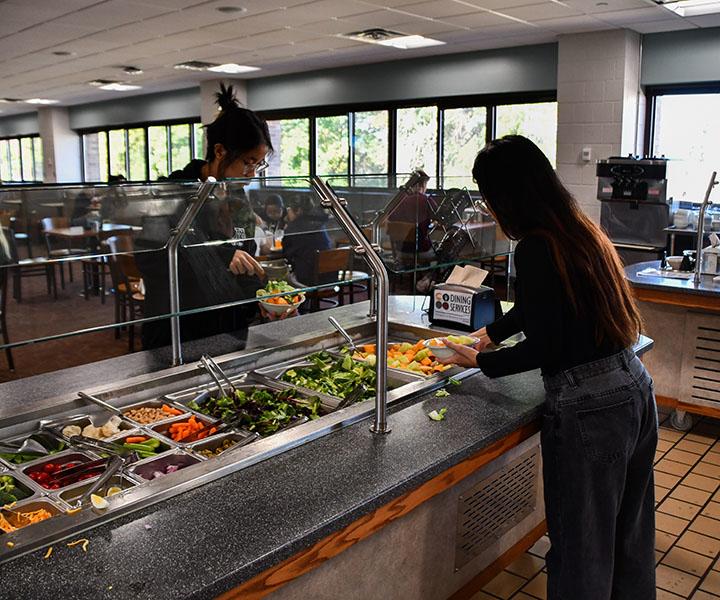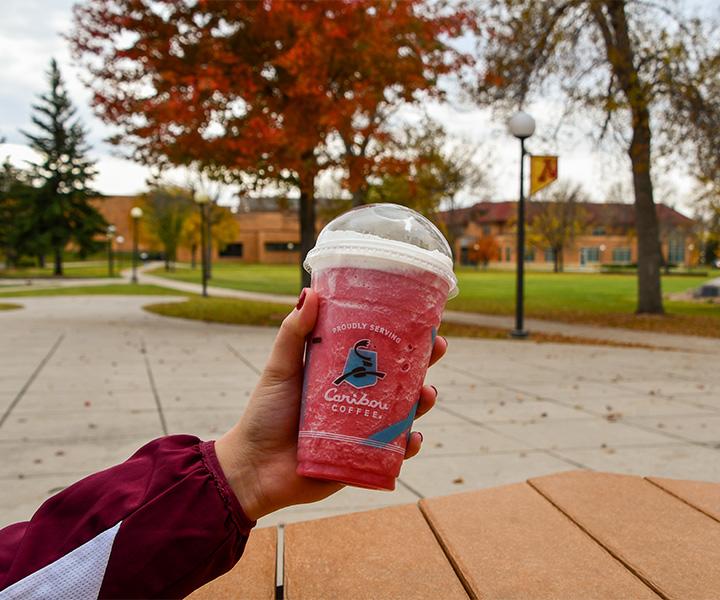
Program Overview
| Program | Course Delivery |
|---|---|
| Agronomy - Major | On-Campus |
| Agronomy - Minor | On-Campus |
Explore the Agronomy Program
As the old saying goes, “what’s good for the goose is good for the gander.” Umm, that’s not always the case, though. What’s good for grapes may not be good for corn. Agronomy majors learn what individual crops need to be most productive. Study such topics as soil nutrients, pest management, and weed control. You’ll learn and do it all here. Take great satisfaction in knowing you’re helping feed the world. See how this highly technical field prepares students for a challenging career in so many areas.
Agronomy is a Bachelor of Science (B.S.) degree.
Agronomy Major
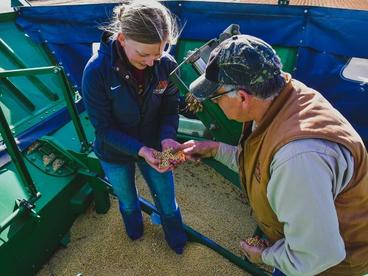
The agronomy degree is a career-oriented program that combines science-based agriculture training and education with a strong liberal arts background to produce graduates skilled in the highly technical field of agronomy. Agronomy students build a broad understanding of crop science areas such as crop production, agricultural chemicals, soil fertility, integrated pest management, seed conditioning and technology, and other areas related to production and quality in the food and fiber industry. The program's flexibility enables students to build knowledge and skills in related areas such as agricultural business, precision agriculture, agricultural systems management, and soils.
Program Outcomes
By the end of the program, students will:
- Find, interpret, and utilize published sources of agronomic information.
- Synthesize agronomic information into short-form written and oral communications that demonstrate clarity and proper grammatical structure.
- Find and utilize technological tools commonly used to assist with agricultural crop production (e.g. spreadsheets, software programs, and smartphone apps).
- Comprehend the underlying principles of agronomic cropping systems, such as soil fertility and plant nutrition, crop growth and development, plant/soil/environment interactions, seed and grain quality, and management of weeds, insects, fungi, and other pests.
Awards and Accreditation
- Our Collegiate Crops Judging Teams have placed in the top three nationally for more than 20 years.
- The University of Minnesota Crookston is accredited by the Higher Learning Commission.
Student Experiences
Cost of Attendance (COA)
Full-time (13-18 credits), on-campus.
| Expense Category | MN Resident & Non Resident |
|---|---|
| Tuition/fees | $13,288 |
| Books/supplies* | $279 |
| Housing/food | $11,024 |
Average Cost After Aid
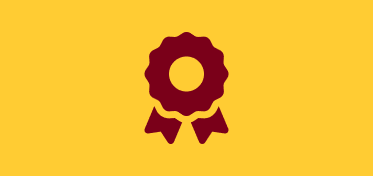
$13,436
Average amount of grants & scholarships received (2022-2023 data)

$12,894
Average net price after grants &
scholarships (2021-2022 data)

$22,883
Average TOTAL student loan debt after
graduation (2022-2023)
Scholarship and Funding Options
The University of Minnesota Crookston provides quick and easy access to over $1 million worth of scholarship opportunities for new and returning students!
Your Future Professors
What is Campus Life Like?
Residential Life
University of Minnesota Crookston's residence halls are ranked #1 public college dorms in Minnesota by Niche. The residential halls are clean, safe, spacious and modern. There is a mix of traditional style rooms, suites, and apartments available on-campus which include amenities such as ensuite bathrooms, walk-closets, and full size kitchens with all major appliances. There are also beautiful common spaces in every residential building that are great places to hangout, play games, study, or relax. Schedule a tour to see for yourself why they're ranked #1!

